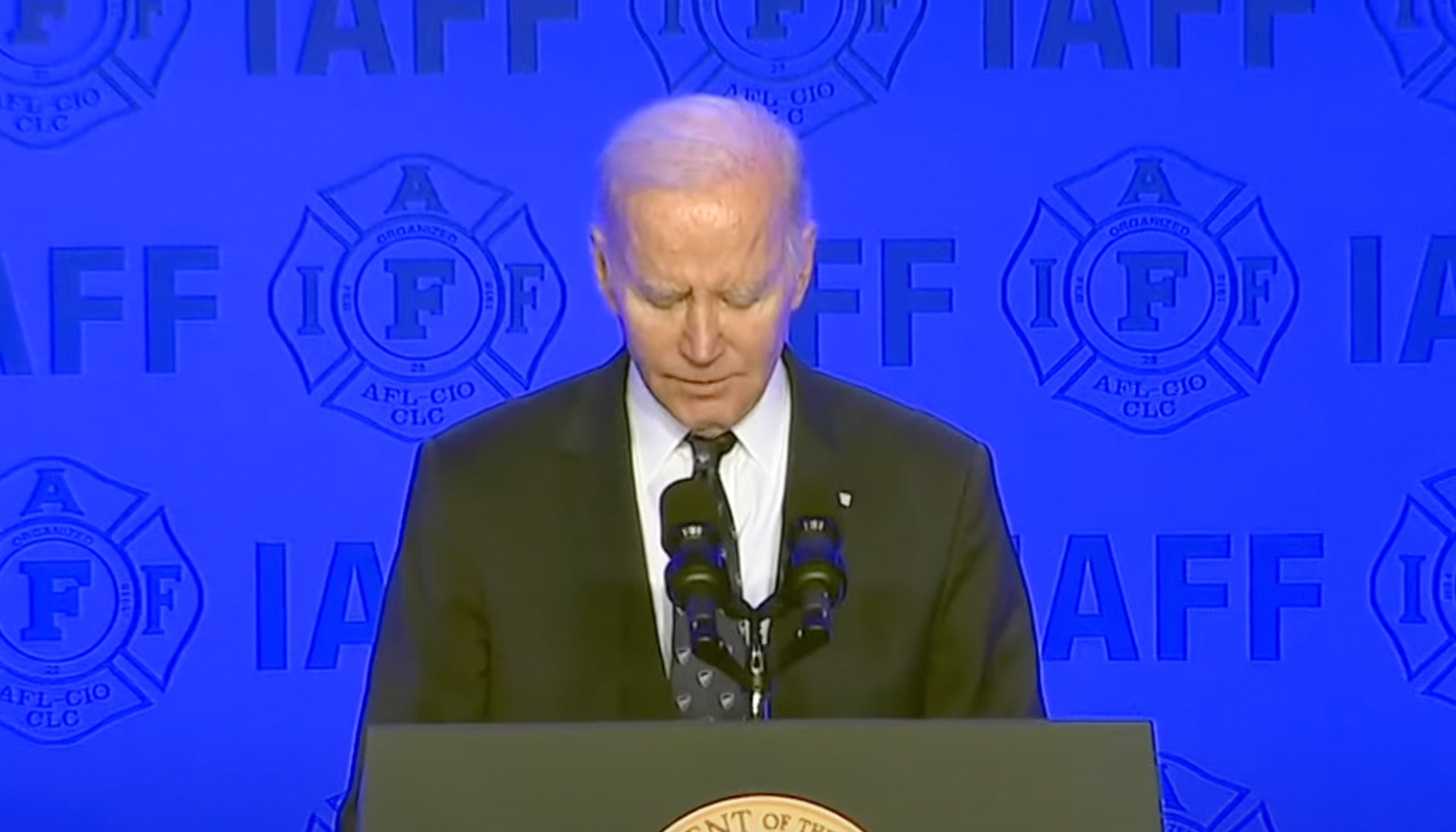Why Judge Might Favor Trump in Classified Documents Case Gag Order Dispute
In a significant judicial matter with potentially weighty implications, U.S. District Judge Aileen Cannon is poised to make a pivotal decision regarding a proposed gag order on former President Donald Trump related to his ongoing classified documents case.
As Trump contests a potential gag order in the criminal case, the decision now rests with Judge Aileen Cannon, who may be inclined to side with the former president, as MSNBC reports.
The controversy began when special counsel Jack Smith proposed modifying Trump's release conditions to prevent him from making public statements that might endanger law enforcement personnel.
This proposal was prompted by Trump's claims suggesting a conspiracy against him by federal agents, which followed the execution of a search warrant at his Mar-a-Lago residence.
Proposal for Gag Order
These claims by Trump led to an urgent motion by Smith on May 24, advocating for the gag order as a necessary measure to safeguard those involved in the investigation.
However, the move was met with resistance from Trump's legal team, who called the motion an overreach and unconstitutional.
Judge Cannon voiced concerns about the rapidity of the filing by Smith's team, noting on May 31 that there was insufficient consultation with the defense prior to the proposal. This critique highlighted procedural concerns in the handling of the case.
Trump's Defense Counters Special Counsel's Claims
In their counterarguments, Trump's attorneys emphasized the lack of evidence linking Trump’s remarks to any tangible threats or harm to law enforcement personnel. They argued that no FBI agent involved in the raid at Mar-a-Lago had expressed feeling endangered by Trump's comments.
The defense branded Smith's request as a stark violation of free speech rights, particularly significant as it involves a prominent political figure ahead of the 2024 presidential election. They stated, "Not a single FBI agent who participated in the raid submitted an affidavit, or even an argument, claiming that President Trump’s remarks put them at risk."
Legal Debate Intensifies Over Constitutional Rights
Smith’s team has maintained that a gag order is crucial to prevent a "significant, imminent, and foreseeable danger" to law enforcement agents involved in the case.
Their argument underscores the potential risks that unchecked public commentary could pose to the safety and integrity of the legal process.
Conversely, Trump's lawyers continue to challenge the necessity and constitutionality of such an order, framing it as an unprecedented infringement on political speech.
The court is scheduled to convene on June 24 to hear arguments from both sides, marking a significant upcoming chapter in this high-profile case.
Implications of Gag Order Decision Awaited
The outcome of this hearing could have wide-reaching implications not only for Trump but also for the norms governing speech by public figures under legal scrutiny. The decision by Judge Cannon, expected sometime after the hearing, is eagerly anticipated for its potential impact on legal and political discourse.
As the debate unfolds, both legal and public spectators are keenly observing the developments, which may set precedential boundaries on what is permissible for political figures to articulate when involved in legal proceedings.
With the hearing set for June 24, all eyes are on the courtroom where these arguments will be thoroughly examined and the balance between national security and free speech will be tested.
Conclusion: A High-Stakes Judicial Decision Looms
In conclusion, Judge Cannon is currently deliberating over a proposed gag order in Donald Trump’s classified documents case.
The legal community and the nation await a ruling that will not only affect the involved parties but also potentially set a new standard for free speech in the context of national security concerns.





